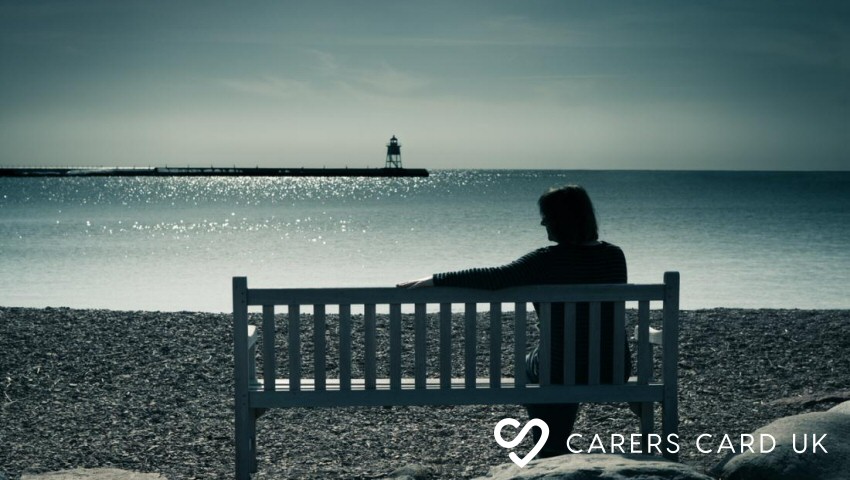How to cope with grief as an unpaid carer
Coping with grief and loss as an unpaid carer can be an incredibly challenging and emotional journey. The process of grieving is unique to each individual, but here are some suggestions to help you navigate this difficult time in a thoughtful and compassionate manner.

Acknowledge your emotions
Recognise and honour the range of emotions you may experience during the grieving process. It is normal to feel sadness, anger, guilt, or even relief. Give yourself permission to feel these emotions without judgment or pressure to "move on" too quickly.Seek support
Reach out to others who can provide emotional support, whether it's friends, family, support groups, or counselling services. Connecting with people who understand or have experienced similar losses can provide a sense of comfort and validation.Take care of yourself
Grief can take a toll on your physical and emotional well-being. Prioritise self-care activities that nourish and nurture you. This may include engaging in hobbies, practicing mindfulness or meditation, exercising, getting enough rest, and maintaining a healthy diet.Express your feelings
Find healthy outlets to express your emotions. This might involve writing in a journal, creating art, talking to a trusted friend or therapist, or joining a grief support group where you can share your thoughts and experiences in a safe and non-judgmental environment.Allow yourself to grieve
Grief has its own timeline, and it's important to give yourself permission to grieve at your own pace. Avoid comparing your grief to others or feeling pressured to "get over it" quickly. Healing takes time, and it's a process that unfolds differently for everyone.Practice self-compassion
Be kind and gentle with yourself during this difficult period. Understand that you are doing the best you can, given the circumstances. Avoid self-blame or guilt, as it is common for carers to question themselves, even though they have done their utmost to provide care.Create rituals and remembrance
Find ways to honour and remember the person you have lost. This might involve creating a memory box, planting a tree, writing a letter, or participating in activities that hold significance for you and help you maintain a connection with your loved one.Seek professional help if needed
If you find that your grief becomes overwhelming or significantly affects your daily functioning, consider reaching out to a mental health professional who specialises in grief counselling. They can provide guidance, support, and coping strategies tailored to your unique needs.Remember that grief is a deeply personal and individual experience, and there is no "right" way to grieve. Be patient with yourself, allow yourself to feel, and seek the support that can help you navigate this challenging time. With time and self-compassion, you can gradually find healing and meaning amidst the loss you have experienced.
Posted: 04/08/2025
